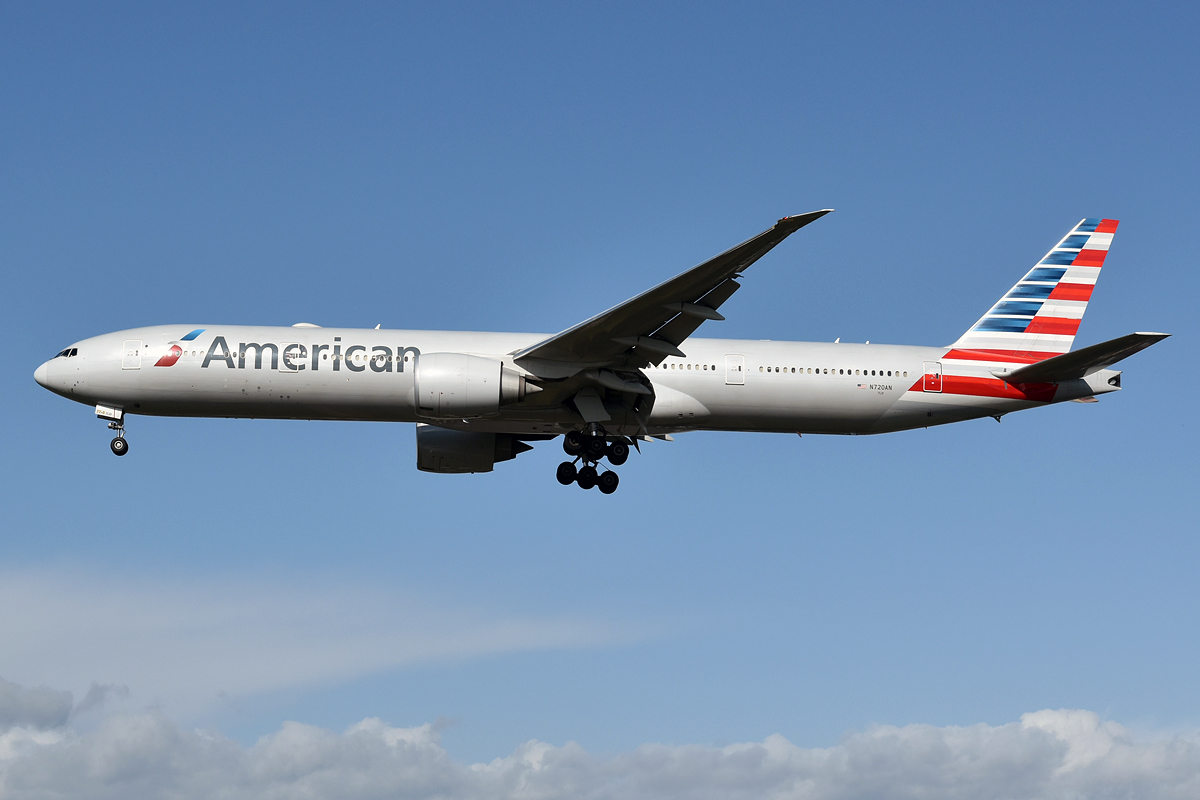American Airlines Faces $50 Million Fine for Inadequate Wheelchair Assistance: A Wake-Up Call for the Airline Industry
The U.S. government has taken a significant step to hold airlines accountable for their treatment of passengers with disabilities. American Airlines has been slapped with a hefty $50 million fine due to its failure to provide adequate wheelchair assistance for individuals with disabilities, alongside the mishandling and damaging of thousands of wheelchairs over a five-year period. This landmark decision emphasizes the urgent need for better support and service for all travellers, particularly those who require additional assistance.
A Pattern of Negligence
According to the U.S. Department of Transportation, between 2019 and 2023, American Airlines mishandled over 10,760 wheelchairs and mobility scooters. This figure places the airline second only to Southwest Airlines, which reported more than 11,100 incidents during the same time frame. The data highlights a troubling trend; Spirit Airlines, while having fewer incidents overall, recorded the highest percentage of errors in recent years.
Transportation Secretary Pete Buttigieg pointedly remarked, “The time for tolerating inadequate treatment of wheelchair users on airplanes has come to an end.” This statement underscores a growing intolerance for the subpar service that has often characterized air travel for individuals with disabilities.
Impact on Passengers with Disabilities
The repercussions of these mishandlings extend beyond mere inconvenience. Although specific injury figures were not disclosed, the Transportation Department confirmed that some wheelchair users sustained injuries. This revelation is alarming, as it sheds light on the physical risks associated with inadequate airline services for those relying on mobility aids.
American Airlines has acknowledged the problem and reported a 20% reduction in the mishandling of wheelchairs and scooters, suggesting some progress has been made. Furthermore, the airline claims that fewer than one in every 1,000 customers requiring wheelchair assistance have lodged complaints. However, many advocates argue that the overall quality of service still falls short of what is acceptable.
Commitment to Improvement
In response to the fine, American Airlines has announced an investment of over $175 million aimed at improving its infrastructure, training, and overall travel experience for individuals with disabilities. This includes measures to enhance wheelchair management and assistive services at airports.
As part of a consent order, the airline will receive a $25 million credit—half of the imposed civil penalty—acknowledging the investments made and compensation provided to affected passengers. This reflects the federal government’s intent to encourage airlines to take proactive steps toward better service rather than merely penalizing them after the fact.
Legal Obligations and Consumer Rights
Federal regulations stipulate that airlines must promptly return wheelchairs and scooters to passengers in good condition after flights. They are also required to assist passengers with disabilities in navigating airports and during the boarding and deplaning process. Should wheelchairs sustain damage, airlines are mandated to cover repair or replacement costs. However, advocates emphasize that this does not always guarantee timely solutions, leaving individuals without vital mobility for extended periods.
The substantial fine imposed on American Airlines starkly contrasts with penalties levied against other airlines found guilty of similar violations. Previously, United Airlines faced the highest penalty of $2 million in 2016, which was later reduced to $700,000 after they compensated affected passengers.
Broader Implications for the Airline Industry
The severe penalty against American Airlines serves as a crucial reminder for the entire airline industry. The Department of Transportation has indicated that investigations into other airlines are underway, reflecting a broader commitment to ensuring that all airlines adhere to regulations designed to protect travelers with disabilities.
The recent findings, particularly highlighted by video evidence from an incident at Miami International Airport, where a wheelchair was improperly handled and damaged, illustrate that systemic issues exist within airline operations. Buttigieg’s comments that American Airlines "appeared to be one of the worst offenders" signal that the industry must do better.
A Call for Accountability
As the air travel industry navigates its recovery post-pandemic, it must prioritize accessibility for all passengers. The $50 million fine against American Airlines marks a pivotal moment in advocating for improved standards and services for travelers with disabilities. Ensuring safe and respectful treatment for all passengers should be at the forefront of the industry’s evolution, reflecting a commitment to equity and dignity in travel.
The recent developments demonstrate that the time for change is now. Airlines must invest in better systems, training, and accountability to prevent future incidents, ensuring that every passenger has a safe and comfortable travel experience.









